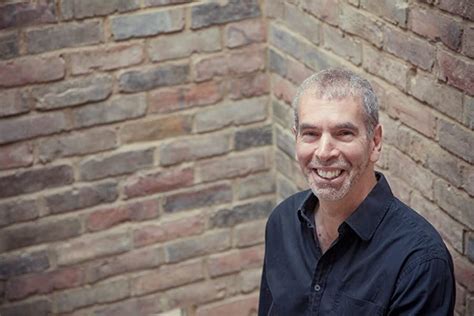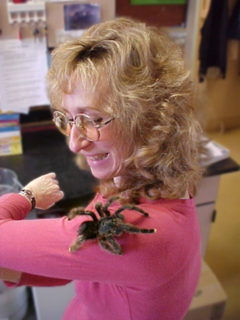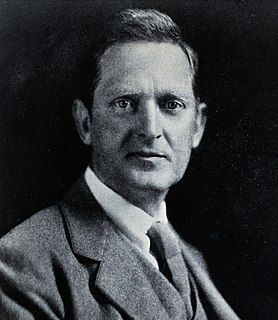A Quote by David Bodanis
Our houses are hosts to these creatures which are ultra-tiny (so small they were only first discovered in 1965) which live in human carpets, in our beds, on our food, floating in the air, in fact, they are omnipresent.
Related Quotes
From the tiny birds of the air and from the fragile lilies of the field, we learn the same truth, which is so important for those who desire to live a life of simple faith: God takes care of His own. He knows our needs. He anticipates our crises. He is moved by our weaknesses. He stands ready to come to our rescue. And at just the right moment, He steps in and proves Himself as our faithful heavenly Father.
If we are looking for insurance against want and oppression, we will find it only in our neighbors' prosperity and goodwill and, beyond that, in the good health of our worldly places, our homelands. If we were sincerely looking for a place of safety, for real security and success, then we would begin to turn to our communities - and not the communities simply of our human neighbors but also of the water, earth, and air, the plants and animals, all the creatures with whom our local life is shared. (pg. 59, "Racism and the Economy")
From the first days of my career as an entrepreneur, I have always used my own and my team's lack of experience to our advantage. In fact, at our first venture, Student magazine, we used our newcomer status to secure great interviews and generate publicity - people were excited about our new project and wanted to get involved. Our inexperience fed our restless enthusiasm for trying new things, which became part of our core mission.
We are the lucky generation. We first broke our earthly bonds and ventured into space. From our descendants- perches on other planets or distant space cities, they will look back at our achievement with wonder at our courage and audacity and with appreciation at our accomplishments, which assured the future in which they live.
Human relationships with predators have always been thorny. Predators are the first creatures our kind purposely eradicates. Too often, people feel humans are and should be in control; we are enraged to discover this is not true. And when other creatures share our appetites and kill our livestock (often animals we were raising to kill, ourselves), we call them vandals and murderers...Predators are the most persecuted creatures on Earth.
"Ultimate reality" is the highest, deepest, eternal, unchangeable, source and ground of everything we see, touch, and experience with our five senses. It's that which gives being and meaning to everything finite, mortal, changeable. It's also that toward which we creatures look and live - whether we know it or not - our telos; our goal and purpose.
There is nothing in which deduction is so necessary as in religion," said he, leaning with his back against the shutters. "It can be built up as an exact science by the reasoner. Our highest assurance of the goodness of Providence seems to me to rest in the flowers. All other things, our powers, our desires, our food, are all really necessary for our existence in the first instance. But this rose is an extra. Its smell and its colour are an embellishment of life, not a condition of it. It is only goodness which gives extras, and so I say again that we have much to hope from the flowers.
The places we have known do not belong solely to the world of space in which we situate them for our greater convenience. They were only a thin slice among contiguous impressions which formed our life at that time; the memory of a certain image is but regret for a certain moment; and houses, roads, avenues are as fleeting, alas, as the years.
Infectious disease is one of the few genuine adventures left in the world. The dragons are all dead and the lance grows rusty in the chimney corner. ... About the only sporting proposition that remains unimpaired by the relentless domestication of a once free-living human species is the war against those ferocious little fellow creatures, which lurk in dark corners and stalk us in the bodies of rats, mice and all kinds of domestic animals; which fly and crawl with the insects, and waylay us in our food and drink and even in our love






































